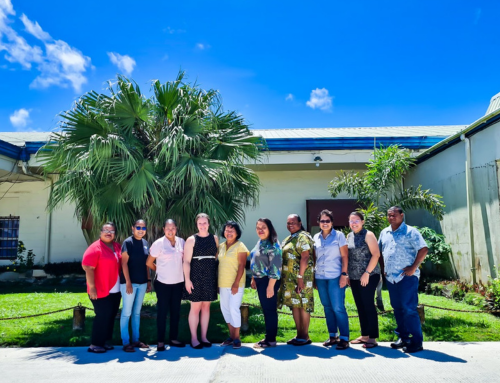New Reflection & Learning Option
Did you know you can now use the national Foundational Public Health Services (FPHS) Cost and Capacity Assessment as your reflection and learning option? Results from the Assessment will provide an understanding of costs, expertise, and capacity toward the national FPHS framework. Information from the Assessment can be used to determine how best to allocate resources to meet the needs of jurisdictions and communities, consider options to shift resources within the organization, identify opportunities to share resources and services across agencies, and advocate for funding. The Assessment may be completed as an individual health department or as part of a public health systems approach; if a local health department participates in the Assessment as part of a statewide systems effort (e.g., all local health departments are contributing data towards developing a system-wide understanding across all health departments within a state), the national tool must be used (a modified tool will not be accepted). This option is available in the first, second, and third Annual Report cycles.
What is “Innovation” anyway?
Public health practitioners respond to existing and emerging health needs in their communities as part of their daily work. To address these needs, health departments can foster an innovation culture in which staff are trained on innovation processes and supported no matter the outcome.
Public health innovation refers to creating and implementing a novel process, policy, product, program, or system leading to improvements that impact health and equity. Tenets of public health innovation include the following:
- It is an ongoing, systematic process that can generate incremental or radical change.
- It requires collaboration with diverse team members and partners and co-production with people with lived experience who will be affected by the results of the innovation.
- It is an open process lending itself to adaptation or replication.
Examples of innovation processes or training topics that foster an innovation culture include:
- Design thinking and human-centered design
- Collaborative creative brainstorming through mind mapping, slip writing (ideas submitted anonymously), brain netting (ideas submitted through an online process), reverse brainstorming (explore causes of a problem before thinking about solutions)
- Creative intelligence/Creative quotient
- Interaction design
- Strategic design
These processes and the education to perform such processes are tools to help staff think differently about solving problems. Innovation processesare intentional, collaborative, and creative and utilize an inclusive, diverse, equitable, and antiracist lens. Using an innovation process provides structure, shared language, and guidance on how to think about the work differently.
To explore resources about public health innovation and innovation processes, check out pages 1 and 2 of FAQ: Reaccreditation V2022.
Brittan Williams
Assistant Director of Accreditation & Recognition






